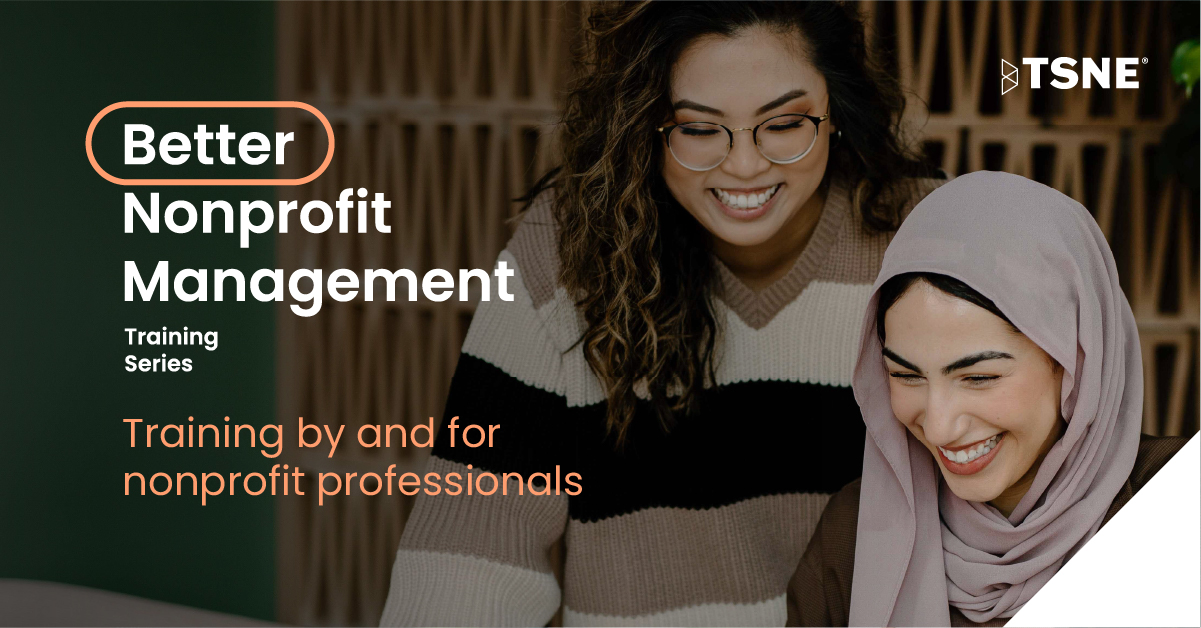
- This event has passed.
Generative Conflict

Conflict is a natural part of all relational dynamics: we all arrive in relationships with different needs, beliefs, expectations, commitments, values, and ideas. Conflict is inevitable as all these differences will inevitably rub up against each other. Instead of avoiding conflict we have the ability to approach it as an opportunity for growth, change, and expansion.
Generative Conflict (GC) is a set of values and practices that encourage us to engage in conflict in more skillful ways, prioritizing harm reduction. By fostering deeper connections between those involved rather than ruptures, we can work towards more equitable resolutions to issues. This way of approaching conflict is a radical view to building new ways of relating to each other when these unavoidable conflicts occur.
In this workshop, we will learn about how our own narratives around conflict shape our internal beliefs and behavioral patterns, and talk about strategies to rework these individually and in our groups. We will use popular education exercises to explore ways of relating to one another during activating dialogue. By working towards healing our own relationship with conflict, we will build comfort and skills around more adaptive approaches to conflict with others.
Learning Objectives
- Where do we learn about conflict? What are our beliefs and patterns, and how does this shape how we show up in conflict?
- Build social/emotional intelligence about the self and others in conflict
- Build awareness of power structures that impact conflict dynamics
- Develop tools to address these dynamics and patterns
- How does conflict show up in the physical body and how does that impact how we “do” conflict?
- Somatics exercises and tools
- What makes conflict go poorly? What makes conflict go well?
- Dialogue including circle-work and breakout groups
- Deduce the principles of generative conflict. Practice these techniques using:
- Real-time popular education exercises
- Breakout dialogue groups
- Circle-work
- Develop applications of GC, and how to apply this within their relationships, collectives, and specifically the NFP setting.
Target Audience
All nonprofit professionals! Conflict is unavoidable and using the principles and tools of generative conflict, it is actually necessary and desirable to engage skillfully in conflict for relational growth and adaptable solutions.
About the Trainer
Anna-Maria D’Cruz is a life-long learner, mother, clinical psychologist, coach, facilitator and consultant. She co-creates relational spaces with her clients that support them in growing into more expansive and just relationships with themselves and others. She works from a holistic approach that sees individuals within the systems in which they interact. Her intention is for equitable, integrated healing for individuals and their communities. Her practice is decolonial and trauma-informed: by recognizing the systems that perpetuate harm to individuals and communities, and actively striving to dismantle those in order to heal and be whole.
Anna-Maria centers the idea that by building better relationships with ourselves and those around us, it helps us build stronger collectives. In her facilitation work, she focuses on supporting collectives to develop these values, fostering skills in the areas of relational health, intentional community building, and conflict resolution.